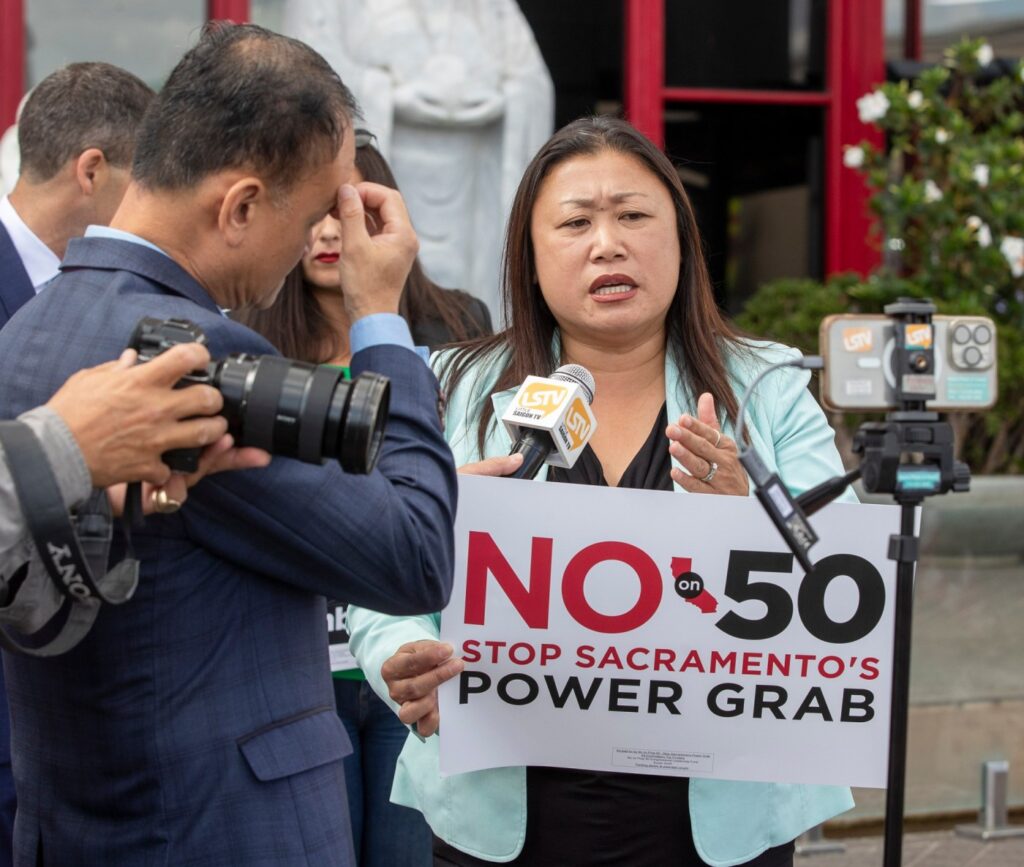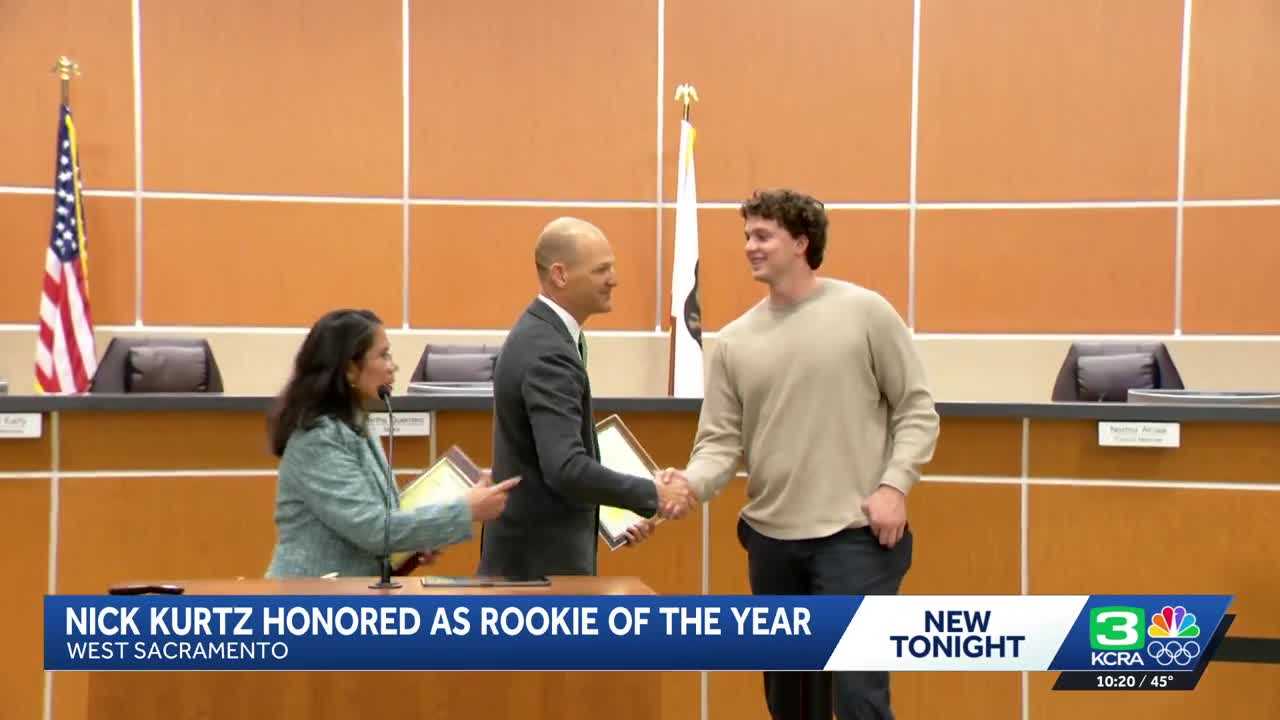
Former Illinois House Speaker Michael Madigan is set to report to prison on October 13 after being sentenced to seven and a half years for bribery, conspiracy, and wire fraud. His controversial gerrymandering strategies have drawn attention from political analysts, including Patrick Andriesen of Illinois Policy, who remarked that Madigan’s legacy will influence Illinois politics long after his incarceration. His methods allowed Democratic lawmakers to effectively choose their voters, a practice that continues to shape electoral dynamics.
Now, this issue of political districting has resurfaced in California, where Governor Gavin Newsom is advocating for a shift in how district maps are drawn. With Republicans gaining ground through recent redistricting efforts in states like Texas, Newsom argues that California must reclaim political power. This has led to the introduction of Proposition 50, which aims to alter the existing framework established by the Citizens’ Redistricting Commission (CRC).
Understanding Proposition 50
Proposition 50 proposes a constitutional amendment that would replace the congressional district maps produced by the CRC with those drawn by politicians. This change is set to apply for the next three congressional elections. Critics argue this move echoes Madigan’s tactics, as it allows politicians to draw maps that could benefit their parties rather than the electorate. The proposed maps reportedly aim to merge conservative rural areas, such as Modoc County, with liberal coastal communities like Marin County, raising concerns about representation and community interests.
The CRC was established in response to public demand for fairer representation, ensuring that district lines reflect communities rather than political gains. Its mission emphasizes public input and strives to keep communities intact. The disconnection between the interests of residents in Modoc and Marin raises questions about whose voices will be heard in Congress.
Supporters of Proposition 50 frame their argument around the need for competitive elections. They claim that the current independent commission structure stifles political diversity. Yet, opponents see this as a thinly veiled effort to regain political control and undermine the voters’ previous decisions.
The Political Landscape
The debate surrounding Proposition 50 is part of a larger trend in American politics where states are increasingly revisiting their redistricting processes. States like Missouri and Kansas have recently moved to redraw congressional maps to favor Republican candidates. Indiana is also considering similar measures, further fueling a competitive political environment across the country.
In 2008 and 2010, California voters decisively supported the establishment of an independent redistricting commission to prevent politicians from manipulating district boundaries for partisan advantage. Proposition 50 has been criticized as a direct affront to this voter mandate. Opponents argue that it represents a desperate attempt by a party struggling for relevance at the national level, particularly as Democrats face challenges in Washington.
The fiscal implications of Proposition 50 are also significant. Critics highlight the estimated cost of $280 million for this special election, raising concerns about its financial viability amid California’s budget constraints. This expenditure comes at a time when the state is grappling with budget emergencies, prompting calls for responsible fiscal management.
As the special election draws near, the call to action is clear: voters are urged to reject Proposition 50. The implications of this decision will resonate beyond California, as it reflects a battle for the integrity of electoral processes nationwide. With the future of political representation at stake, the upcoming vote will serve as a crucial moment in the ongoing discussion about democracy and fair elections in America.






